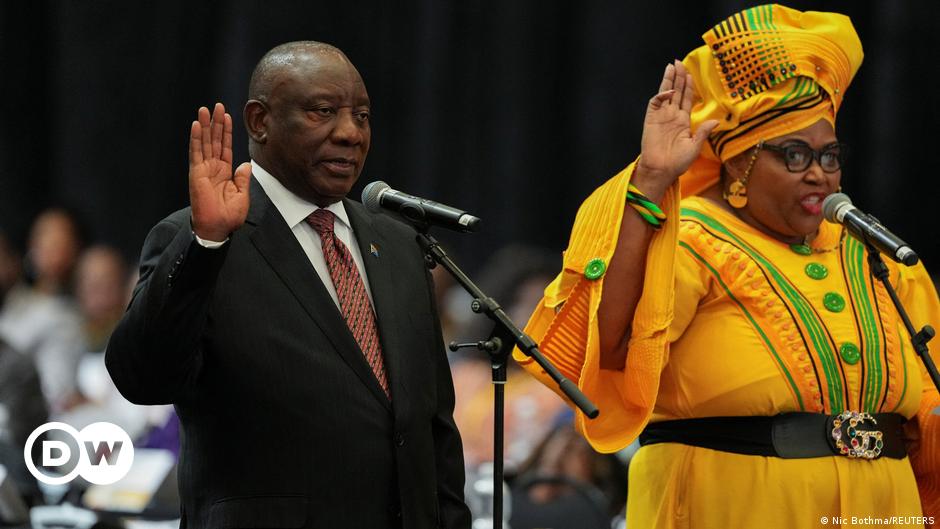The newly elected parliament of South Africa gathered in Cape Town after engaging in two weeks of intense negotiations with other political parties to form a government of national unity. The African National Congress (ANC) revealed a coalition agreement with the Democratic Alliance (DA) in a strategic move to secure the support of various parties following a loss of its majority in the previous election.
DA leader John Steenhuisen emphasized that the foundation of the agreement lies in the constitution and the Bill of Rights, which uphold the diverse nature of South Africa. President Cyril Ramaphosa, facing a weakened position within his own party, sought to create a coalition to ensure stability and support for his administration.
Notably, the alliance between the ANC and the DA marks a significant shift in South African politics, with the DA entering government for the first time after apartheid. The unity government also includes the socially conservative Inkatha Freedom Party (IFP) and the right-wing Patriotic Alliance, signaling a diverse representation in the administration.
In contrast, left-wing populist parties like the Economic Freedom Fighters (EFF) and the newly formed MK Party, led by former President Jacob Zuma, opted to remain outside the coalition. Analysts speculate that this multiparty government may exclude more radical elements and pave the way for economic reforms and growth in the nation.
While the ANC-DAs alliance aims to transcend racial divides and focus on common goals, challenges remain, particularly in addressing corruption and maintaining party cohesion. The prospect of a new era in South African politics is met with uncertainty, as the power dynamics within the coalition will ultimately determine its success.
As the country navigates through this uncharted territory, the implications of this unity government on the ANC’s future and President Ramaphosa’s tenure remain open to speculation. The intricate balance of interests and ideologies within the coalition will shape the trajectory of South Africa’s political landscape moving forward.
